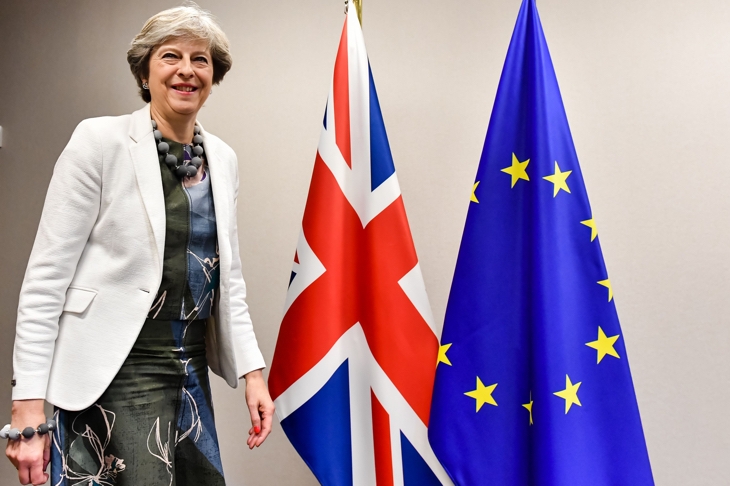The most important thing coming from No 10 this morning is not anything they have said – but instead what they haven’t said. Following a report yesterday that the UK’s Brexit divorce bill has been agreed as being somewhere in the region of £45bn, the government have not tried to deny it nor pour cold water on the sum.
Sensing an opportunity, the Opposition today tried to capitalise on the news. Labour have tabled an amendment to the EU withdrawal bill that would commit the government to giving MPs a vote on the Brexit financial settlement. It would also require the sum to be assessed by the OBR and the National Audit Office. Given that many Labour MPs take the view that a deal is a good idea, this appears to be aimed more at highlighting Conservative Brexit divisions than trying to argue the money is not a price worth paying and the UK ought to walk away.
As things stand, they may be left disappointed. So far, government officials have been cheered by the muted response from Conservative MPs. The vast majority of Brexiteers – from Iain Duncan Smith to Jacob Rees-Mogg – have cautiously accepted the sum on the proviso that the final deal is worth it. Only Philip Davies and Peter Bone have publicly criticised it.
As I write in the i newspaper today, the problem the government faces lies further down the line. As the process goes on, more details emerge on the trade deal and the number of concessions grows, the eurosceptic wing of the party could decide that this deal isn’t a deal worth having. As one senior Tory source puts it, ‘The question to be asked from now on is, is the deal worth 40 billion quid?’ And if the Brexit bill were to go up even higher – something that can’t be ruled out – what kind of trade deal would be good enough to justify a £60bn price tag? The potency of Vote Leave’s message – let’s send £ 350m a week to the NHS, not the EU – showed how easily weaponisable money is.
Whether or not the Labour amendment succeeds, there will be a vote where MPs get a say on not just the money – but the deal as a whole. The decision to be made is whether to take what’s on the table – or take no deal at all. It’s hard to see how even the most vociferous Remain rebel could conclude that no deal with the EU was better than a bad deal with the EU. For the Brexiteer MPs, it’s a different proposition entirely. From a £45bn Brexit bill and a continued role for the ECJ to demands over the Irish Border, members of the Brexit wing of the party may well eventually conclude that ‘no deal’ is better than a bad deal.







Comments